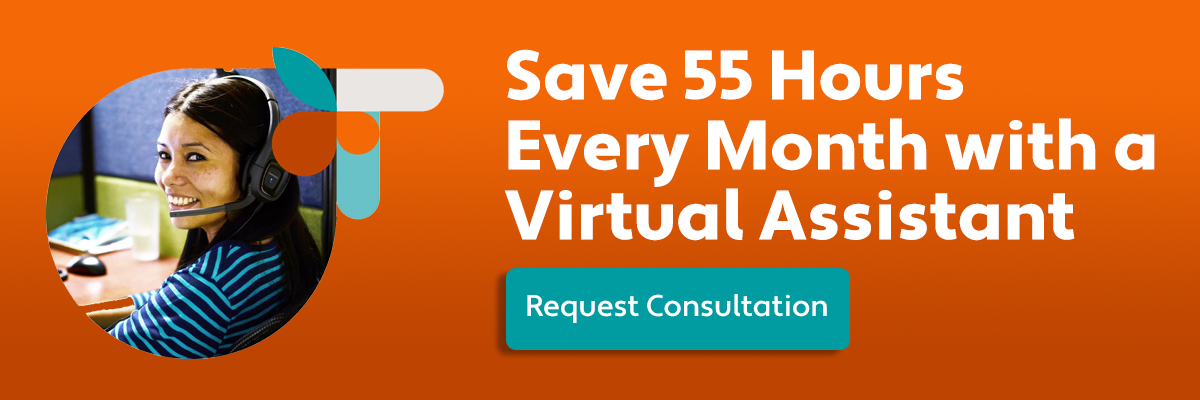A litany of recent articles have admonished us all to quit being so darn busy. From the office to the home and even into the gym, today’s professionals tend to pack it in. Overstretched, overworked and often overwhelmed, we look for ways to “ease the stress” or “find more time in the day.” As a result, whatever the space, a plethora of technology has emerged to help us speed it all up. Chief among them are the ubiquitious “apps for that” on our smartphones, laptops, tablets and even our refrigerators.
A quick search of the Itunes app store reveals over 180 applications that claim to “save time” on everything from cooking dinner to closing a multi-million dollar deal. There are even apps to help us figure out which time we need to save.
But just because an app is making some process quicker, doesn’t always mean that it will make you more productive. That’s for two reasons:
-
The time you’ve saved is only productive if you use it wisely. You may now be able to make quicker grocery lists, but if you spend the extra 10 minutes you’ve gained debating over which box of eggs to buy, you may not necessarily have been more productive with your time.
-
Sometimes, while the app makes one process faster, it’s creating more work in other areas. Yes, setting up a new process or adopting an app into your workflow will always take some time investment up front. However, if you’re a month in and still struggling with it, you’re definitely wasting time instead of saving it.
So instead of choosing an app based on how much time it saves, try to pick apps that will truly make you more productive. Here are a few of our favorite features of apps that move beyond being good to being truly great.
1. Cross-platform integration
If an app easily appears or works in other places where you’re already working, the synergies are more likely to make you productive. Think of Evernote for Salesforce or YesWare for Gmail. By integrating into a workspace that you already use, the new app is automatically streamlining your process and boosting productivity right away.
2. Mobility
Even if an app is amazing on your desktop, it can quickly become useless if it doesn’t come with a fully functional mobile application. Too much of our work is done remotely and on-the-go. We can’t imagine LinkedIn having ever gained as much relevance as it has in the business space if it wasn’t mobile-friendly. After all, most of us rely on LinkedIn for background as we’re heading into a meeting or conference.
3. Minimal internal distractions
In-app purchases and advertising will slow you down and distract you as you try to adopt a new app. Even if it’s terribly efficient, constantly having to close down popup ads will eventually end up wasting more of your time than creating it for you. This is the case with many news applications that, instead of driving traffic, are inspiring audiences to move to Feedly, Flipboard or other readers without overt advertising.
4. Low adoption barrier
The common theme for truly productive apps is having a low barrier to adoption. Anything that makes it more likely or easier for you to use an app will be more likely to truly make you more effective. The less time you need to spend getting something up and running, the more likely it will be to make you work faster. Salesforce’s sluggish adoption issues are the first line of evidence here.
All of that said, we’ll admit that there’s one app we can think of that meets all these criteria, but still seems designed to be a time sink. Any guesses? Yes, it’s Facebook. Enough said.

